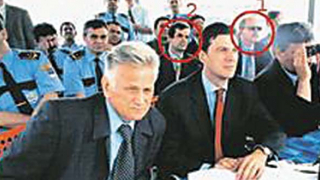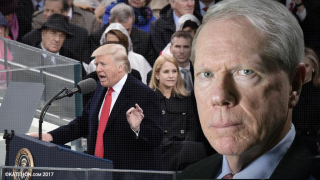Pokémon Go is linked to the CIA
So that’s why Pokémon has been plastered all over social media and the television this weekend. Nothing in this world is accidental as Kit Daniels reports:
The ‘augmented reality’ mobile game Pokémon Go, which uses the player’s smartphone camera to ‘add’ Pokémon to real-world locations, has ties to the CIA.
The developer of Pokémon Go, Niantic, Inc., was founded by John Hanke, who previously received funding from the CIA’s venture capital firm In-Q-Tel to develop what eventually became Google Earth.
In-Q-Tel was once described as an “independent strategic investment firm that identifies innovative technology solutions to support the missions of the U.S. Intelligence Community.”
It’s easy to see why the CIA would have an interest in the software behind Pokémon Go; the game utilizes the player’s camera and gyroscope to display an image of a Pokémon as though it were in the real world, such as the player’s apartment complex or workplace bathroom.
Software like that could theoretically turn millions of smartphone users into ‘Imperial probe droids’ who take real-time, ground-level footage of their cities and homes, reaching into dark alleyways and basements which spy satellites and Google cars can’t reach.
For example, in the 2008 film The Dark Knight, Bruce Wayne intentionally places a back door into cell phones sold by his company to implement a city-wide sonar grid.
Did that scene from the film reveal the intent behind ‘augmented reality’ software?
In the early 2000s, In-Q-Tel invested in Keyhole Inc., the company founded by Hanke which developed 3D “flyby” images of buildings and terrain from geospatial data collected by satellites.
The name “Keyhole” was a homage to the KH spy satellites first launched by the American National Reconnaissance Office.
Google later purchased Keyhole in 2004 and rolled its technology into Google Earth.
The CIA established In-Q-Tel in 1999 as its venture capital arm to “identify and invest in companies developing cutting-edge information technologies that serve United States national security interests,” according to the firm itself.
“If you want to keep up with Silicon Valley, you need to become part of Silicon Valley,” says Jim Rickards, an adviser to the U.S. intelligence community familiar with In-Q-Tel’s activities. “The best way to do that is have a budget because when you have a checkbook, everyone comes to you.”












